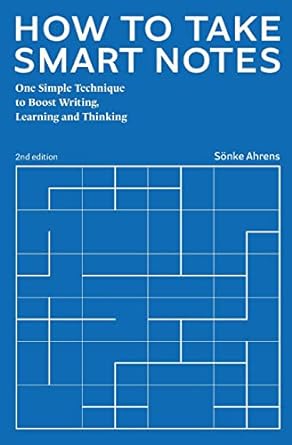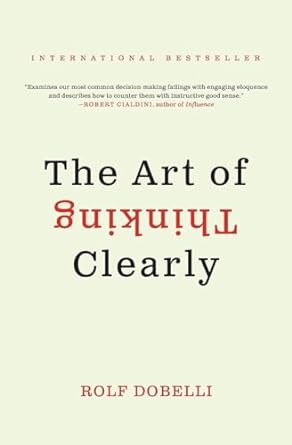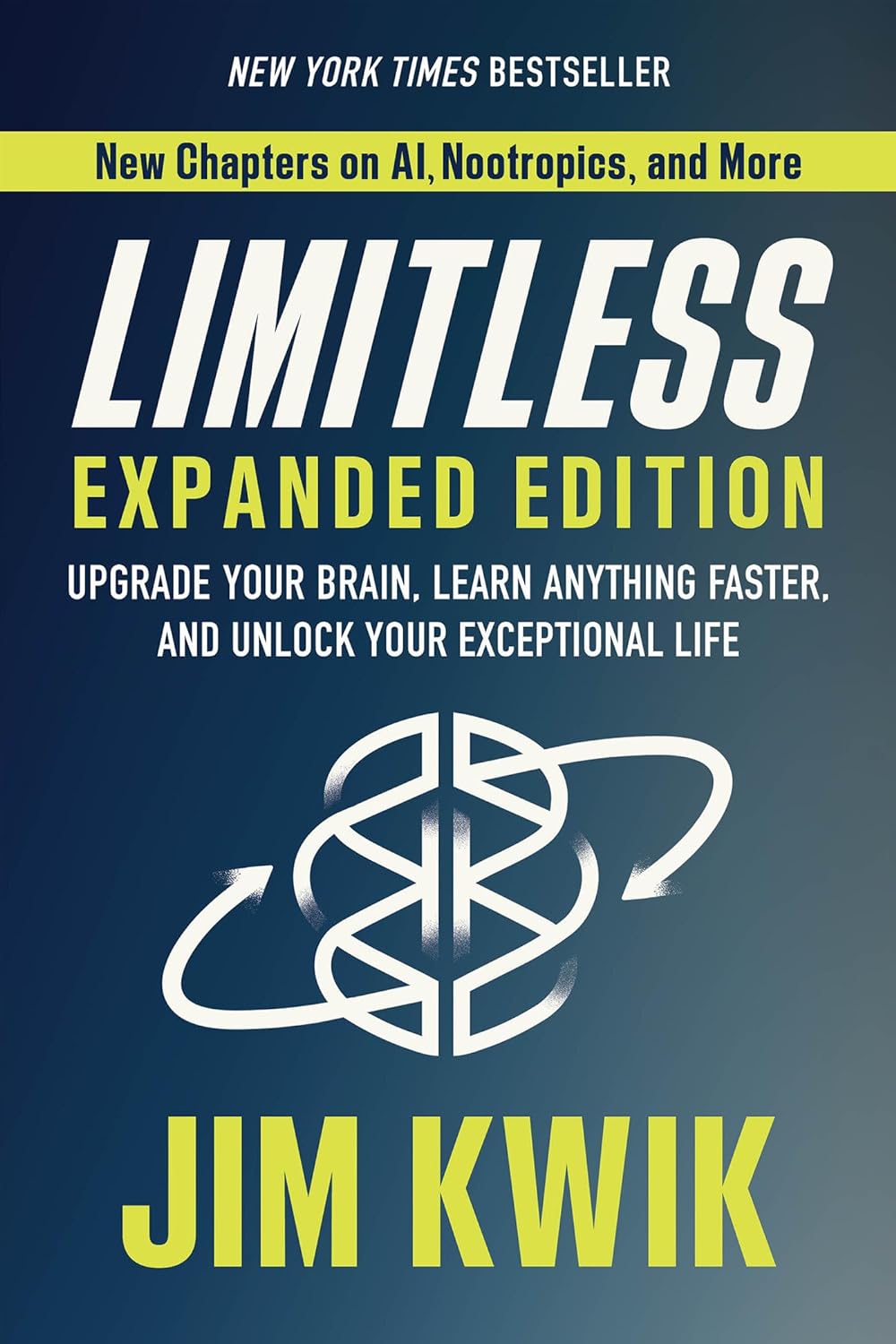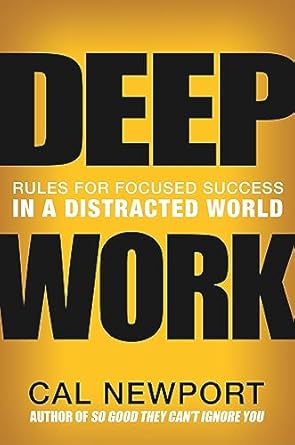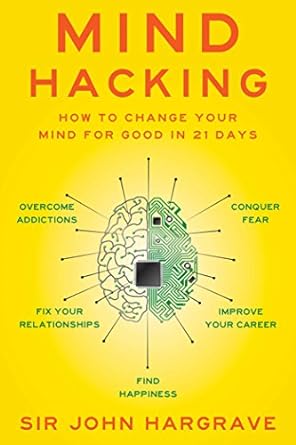The Zeigarnik Effect
Unfinished tasks tend to occupy our thoughts.
Key Insights & Principles
Productivity
Insights:- Completed tasks are quickly forgotten.
- We cannot do everything at once.
- Externalising tasks (writing them down) with a clear plan of action is a way to prevent them from remaining in our thoughts.
- Digital distractions are like unfinished tasks, and prevent us from focused productivity.
- Get started (use the Pomodoro Technique).
- Break tasks into smaller chunks.
- Remove digital distractions.
Mental wellbeing
Insights:- Tasks with clear execution plans, when written down, can be removed from your mind and remove anxiety.
- Digital notifications are like unfinished tasks that hijack our focus.
- Keep a notepad handy and write down what is on your mind.
- Implement a daily wind down ritual and give permission to remove things from your mind.
- Remove notifications from digital applications.

